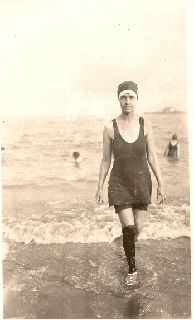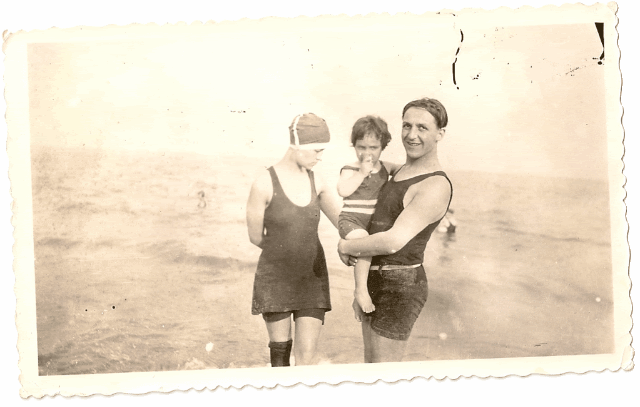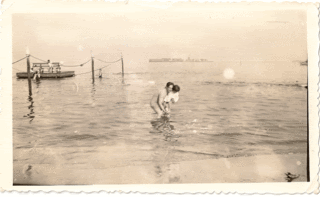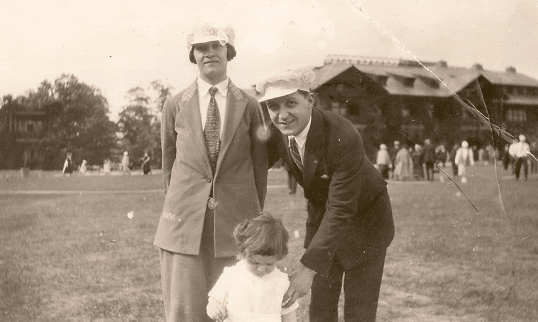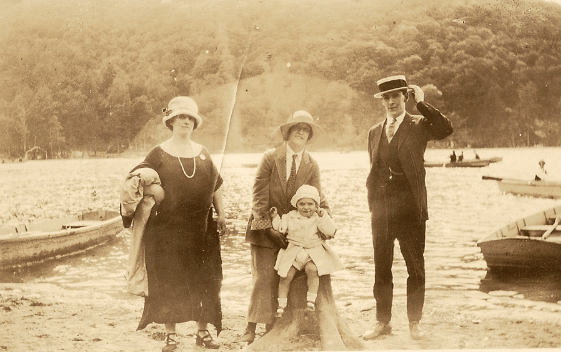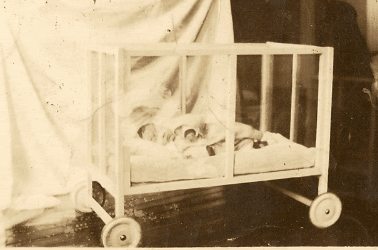This week, we're welcoming historical novelist, Erastes, as she celebrates the release of her latest novel, MUFFLED DRUM, her first release with Carina Press. Please leave a comment for a chance to win one of two generous prizes from Erastes; details below! Here's the blurb:
Bohemia, 1866
They met in a port-side tavern, their lust-filled moments stolen from days of marching and madness. After eighteen months, Captain Rudolph von Ratzlaff and First Lieutenant Mathias Hofmann have decided to run away from everything they hold dear. Resigning their commissions is social suicide, but there's no other choice. Someone will eventually see Rudolph's partiality toward Mathias.
Now their plans have gone horribly awry... When Mathias goes to Rudolph's tent after their last battle, his lover looks at him without a hint of recognition. Mathias can hardly believe the man he knew is gone. He wants to fill in so many of Rudolph's missing memories, but the doctor says a shock could result in permanent damage. The pain of seeing Rudolph on a daily basis, when Rudolph doesn't remember their love, is excruciating. Now Mathias must decide whether he wants to fight for the man he loves or forget him completely...
Thanks you, Erastes. Please leave your comment to win one of these generous prizes.
What makes your recent release, MERE MORTALS, an unusual historical?
It’s great to be back here!
It’s set during a period I haven’t read much fiction about—the Austro-Prussian war of 1866. More correctly called the Austro-Prussian-Italian war, or—if you are from Germany, it’s just called “the German War”! My mother did her thesis on this war and I remember her studying it, and using tapes to do the whole sleep memory thing. Perhaps something rubbed off on me, because I’ve always found the period to be quite fascinating. I thought that a campaign that was rarely mentioned, and a road trip rather than a set-piece with country houses and balls would be fun to do.
What’s it about?
It’s a story of loyalty, and friendship and how far one goes to hold on to something that may or may be gone forever. It takes the trope of amnesia as its theme, and twists it to incorporate a homosexual romance, which goes wrong in so many ways! (It is me, after all—can’t have it going smoothly!) It’s also a road trip.
What gave you the idea?
Well, partly it was from my Dad. He has Alzheimer’s you see, and although he’s still functioning in a “get up every morning and wash, dress and tidy up” kind of way, he’s slipping away from me every month and he can’t forget the simplest things like my birthday, or even my late mother’s birthday. I wanted to explore the devastating effects of memory loss, and how it might affect not only the onlookers, the person themselves.
I have to be honest, too and say that much of the inspiration came from the hussar uniforms, because they are just gorgeous!
Why is it called Muffled Drum?
It was inspired by a poem I found in The Gentleman’s Magazine published in 1805
Ah me! how sorrowful and slow,
With arms revers’d, the soldiers come—
Dirge-sounding trumpets, full of woe,
And, sad to hear, the Muffled Drum!
John Mayne, 1805, The Gentleman’s Magazine
It immediately spoke to me of memory loss, as well as the loss of comrades, and seemed a perfect title.
You tend to use war as a theme often, Transgressions was set in the English Civil War and Tributary was set between the two world wars- why is this?
Well, it’s probably a lazy writer’s way to create conflict. When you place a story in a war you have as many action scenes as you might wish, and the possibility of injury and/or death of characters, whether they are main ones or not. I like to have another edge to my stories, one that doesn’t necessarily concentrate on JUST the relationship, because that would be too limiting for me.
However, in both Transgressions and in this, the battles are pretty much all off-stage. In Muffled Drum you see the pre-battle preparation, and the aftermath—the dead, the wounded and the celebration. The way men can put horror behind them and carry on.
What’s your writing routine?
I’m lucky enough that I have been able to give up my full-time work. I look after my Dad 5 days a week (or at least, I’m with him 5 days a week, obviously I do stuff for him 7 days!) So I go over there, make us breakfast and then set to writing while Dad does his own thing. I try to write 1000 words a day, but as I said, it’s been a struggle this year, and I’m lucky if I can do a fraction of that.
I try to write two books a year, because I’d like ideally to publish two books a year and so far, that’s been happening. I just need to write another one this year, or I’m only going to have one out next year!
On that note, what have you got planned for the future?
I have another novel coming out this year (I’ve had three this year, which is a record for me!) called Junction X. It’s set in the early 1960’s and is a love story but definitely not a romance. That’s all I’m saying. What I’m writing? A kind of spy/mercenary story set during the Blitz, and a 1920’s murder story, which is very loosely based on Hamlet. Both are kind of stalled though, I’ve been going through a rough spot this year and have written almost nothing.
My second novel for Carina will be out in March 2011, and is a vampire story set in 19th century Florence; it doesn’t have a title yet though!
Thanks for being here, Erastes—do you have anything for our readers?
Yes! I will be giving away two prizes to commenters. The first one is a download of Muffled Drum and a goody bag sent by post, and the second is either a download of Muffled Drum or any paper book from my back catalogue. Please say which you’d prefer in the comments. I welcome questions too, so please don’t hold back!
Thanks you, Erastes. Please leave your comment to win one of these generous prizes.




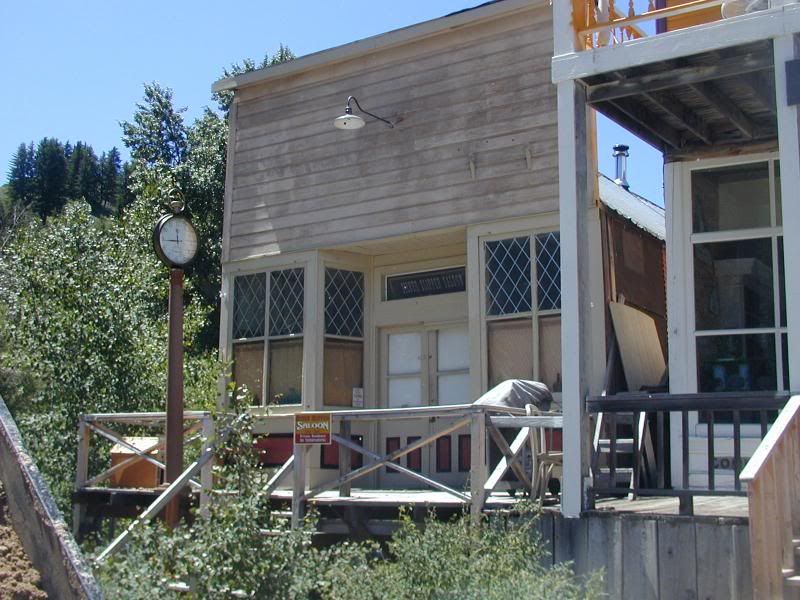

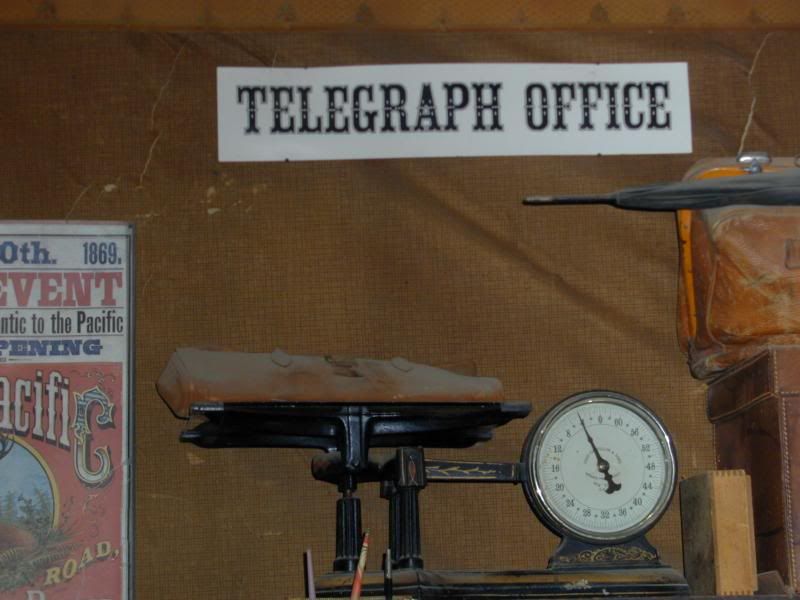

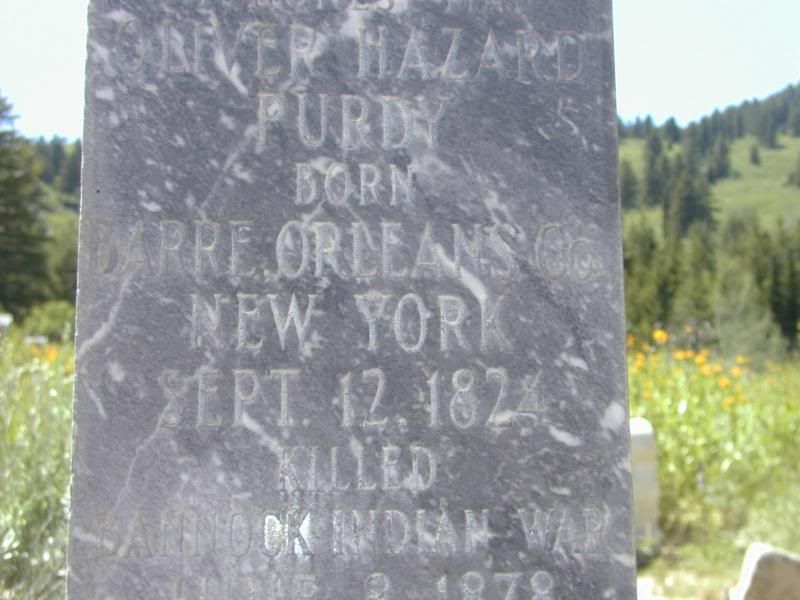
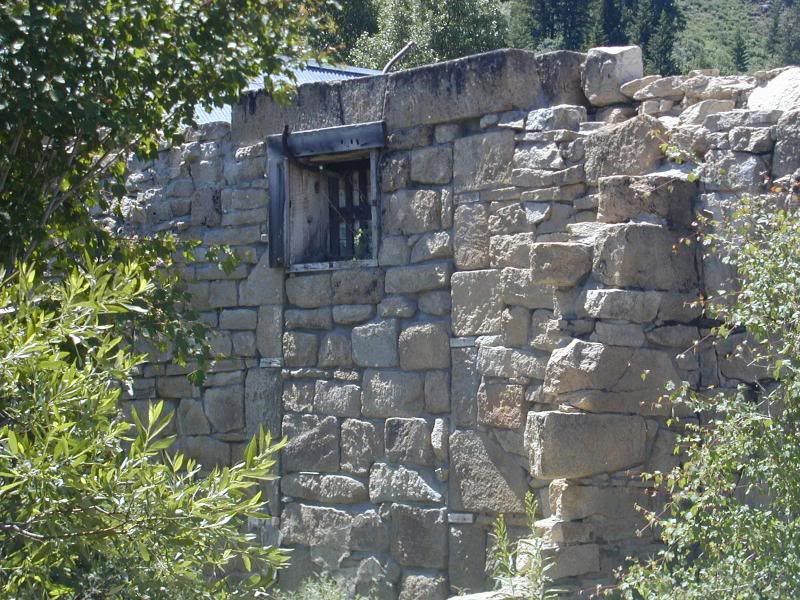








.jpg/637px-BLW_Stained_Glass_Panel_(August).jpg)



